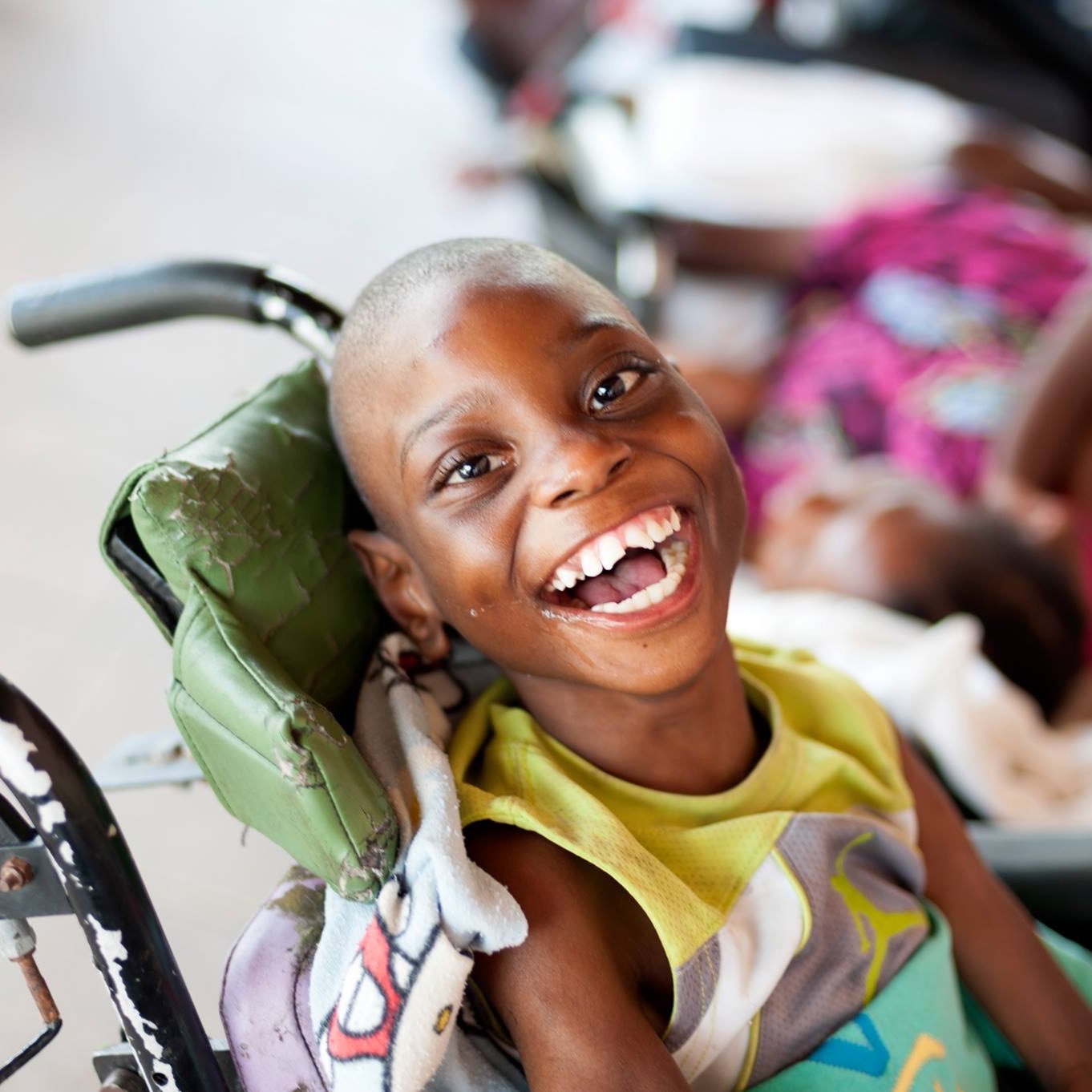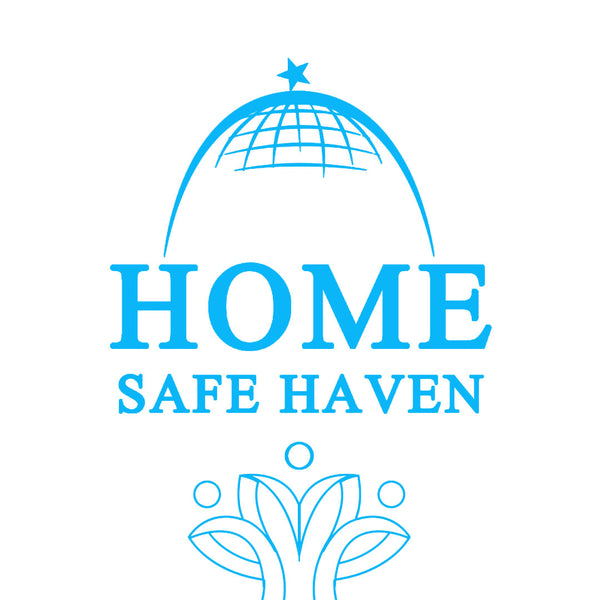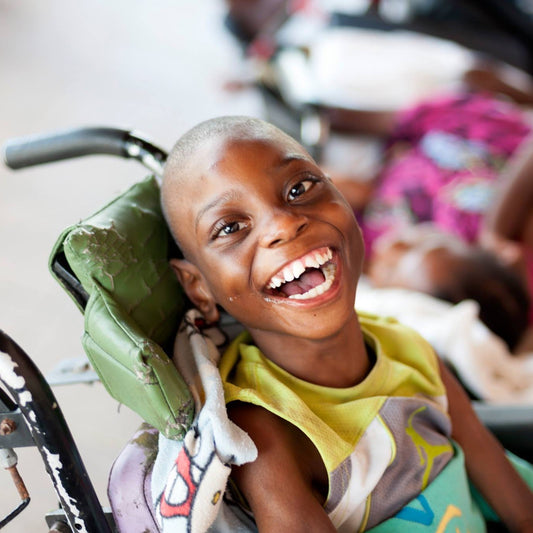Home Safe Haven
Help Kids with Disabilities Enjoy Full Lives.
Help Kids with Disabilities Enjoy Full Lives.
Please be aware that a fixed transaction fee of 1% applies. Thank you for your support!
Couldn't load pickup availability
Children in Africa live in poverty, facing extreme hunger and devastating food crises. They need your help.
- 46% of people live in poverty
- 1 child in 16 dies before their 5thbirthday -9 times that of theUnited States
- 26% of children suffer fromstunting due to malnutrition
- 21% of school-age children are outof school
- 12% of girls age 15-19 are married
- 1 in 12 girls between age 15-19gives birth
- 25% of girls age 15 and olderstruggle to read or write
7-year-old Abdi (Kenya)
Abdi's family was displaced by war and has lived in a refugee camp for a long time. Due to insufficient protein intake, he muscle development was severely restricted, resulting in her still unable to walk independently at the age of 7. After receiving medical assistance and rehabilitation treatment, her health condition has improved, but her mobility is still limited.

Having a disability shouldn’t mean being excluded from community or care. Over 1 billion people around the world have some form of disability — many of them children. Whether affected from birth or as a result of disease, land mines, or other injuries, children with disabilities in developing countries often find themselves isolated, lonely, and with little hope.
You can help these kids reach for their God-given potential — equipping them to attend school, play with others, participate in their communities and in decisions that affect them, get specialized resources and care, and feel fully supported.

You’ll ease challenges for families and caregivers through compassionate support like:
Assistive technologies and devices such as hearing aids, glasses, crutches, prosthetic limbs, and wheelchairs
Equitable access to educational services and activities, including school clubs and programs
Income-generating opportunities and job- and life-skills training for caregivers
Support for inclusion training, awareness activities, and stigma reduction at individual and community levels
Access to essentials like nutritious food, accessible water sources, and appropriate bathrooms and other facilities
Recognition of basic human dignity and disability rights.

Other Support
-
Restoring Faces. Renewing Hope
Regular price From $40.40Regular priceUnit price / per -
Help Kids with Disabilities Enjoy Full Lives.
Regular price From $40.40Regular priceUnit price / per



